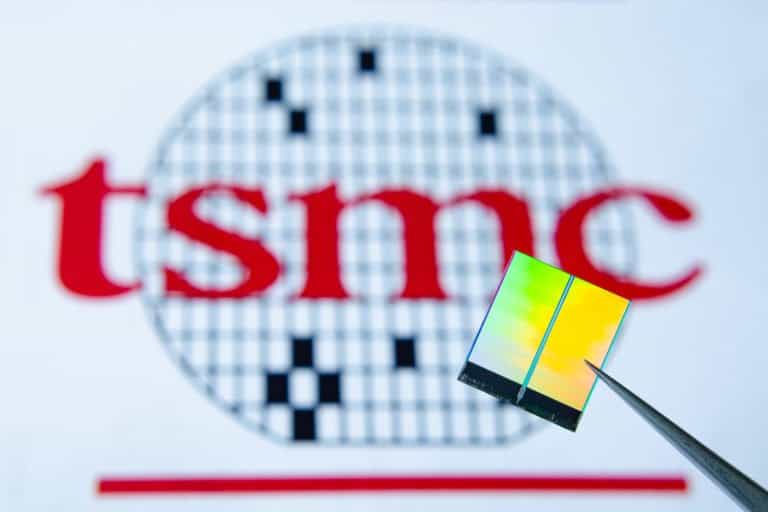A deal worth billions of dollars with TSMC will ensure Apple receives every 3nm chip from the chip manufacturer. The Taiwanese company is said to even pay for all defective chips to keep Apple onside.
TSMC could count on the interest of every customer imaginable during the corona pandemic: its chip production figures could not be big enough. In the meantime, demand has largely plummeted, but the company has once again landed a major deal with Apple this year. The future M3 processor and A17 Bionic are designed for the small, new 3nm process.
Younger process nodes tend to have lower yields: more simply goes wrong with a brand-new fab. That typically means a customer has to pay top dollar, even to pay for the failed chips found in the silicon wafers. Apple can sidestep this through the size deal: TSMC is keen to keep the company in its customer base.
Competition lags behind
TSMC also offers 4nm, 5nm and 7nm manufacturing processes, for example, to further boost its profitability and support longer-term products. These nodes were deployed between 2020 and 2022 by companies like Nvidia and AMD for GPUs and CPUs, while car companies also deployed them and Sony, too, made a visit to strike a deal for the PlayStation. Now all these parties will have to wait at least a year before they can switch to 3 nanometers.
Why is this relevant? A smaller manufacturing process makes for more economical chips: compared to 4nm, there is said to be a 35 percent efficiency gain. This could give the latest Apple products an important advantage in the coming year.
Alternatives?
There is another reason behind TSMC’s cooperative stance. Customers can turn to Samsung and Intel, which are also working on smaller processes. Indeed, later this year Intel is said to be coming out with Intel 3, with 3nm getting a mention. However, one chip manufacturer does not measure this size in the same way as the other. As Ars Technica mentions, the smallest TSMC process has been the leader in terms of efficiency in its nodes for years regardless of what numbers crop up to define them.
Also read: TSMC expects no direct effect from China’s raw material restrictions
